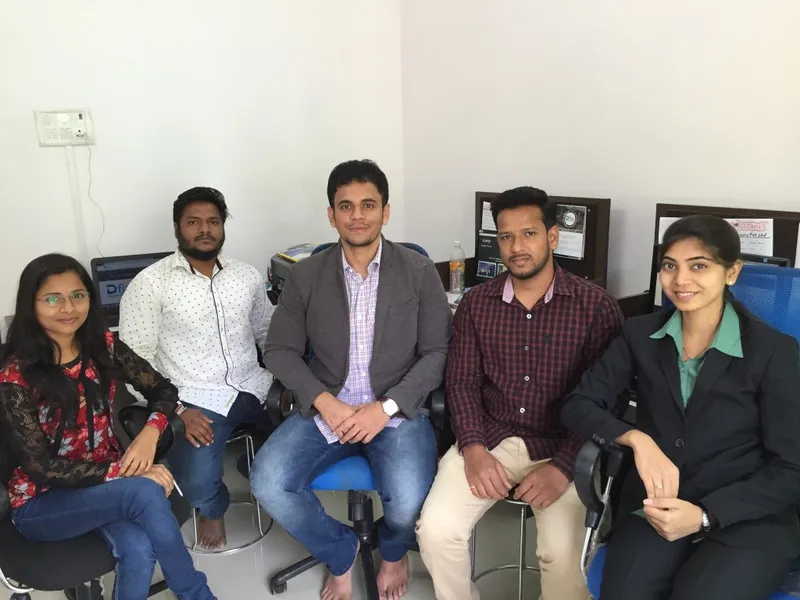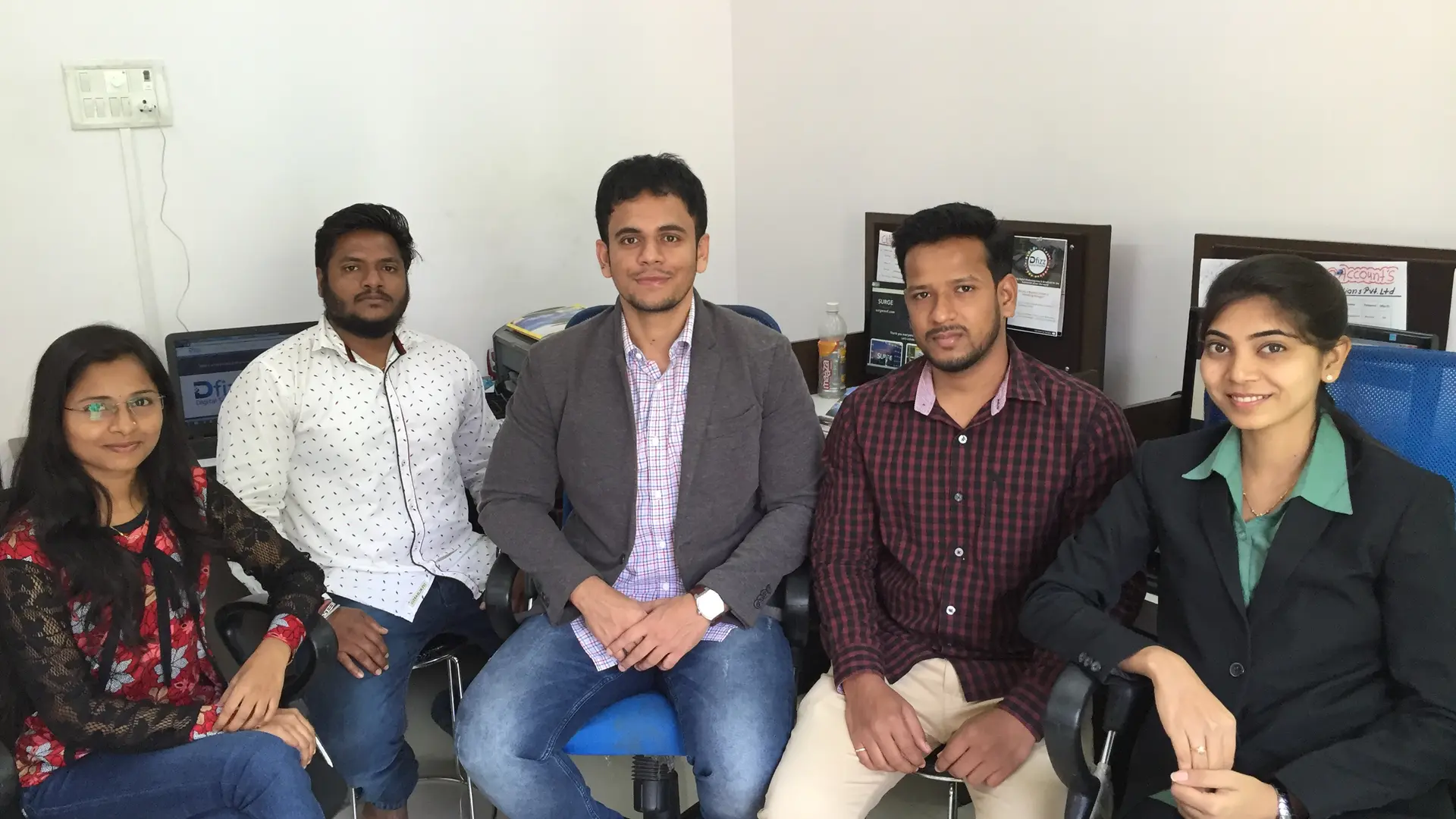You can fire your social media manager, startup Dfizz automates online marketing
The digital era descended on India a decade ago. Slowly but steadily, it became a matter of not choice but compulsion for businesses to look beyond print and television for advertising. Yet, lack of awareness and resources ensured that smaller players were held back, while the big names bolted forward with myriad ways facebook in online marketing.

Bhushan Patkar had finished school before all this happened. Born in Badlapur village outside Mumbai, Bhushan loved nothing more than cricket as a kid. He was not too keen to take up the science stream as his parents wished. But once he did a short-term diploma course in computer technology from Mumbai University, he knew what he loved. And quite a handful of small businesses in the country are thankful for that.
Bhushan went to Oxford Brooks University, UK, to do BSc (Honours) in Computing & Software in 2005. By the time he returned home, IT boom had matured in the country. Son of a national award-winning Corporation Mayor Nandakishore Ram Patkar, Bhushan was keen on e-governance. He founded TopXS Solutions in 2008 and, among other ventures, carried out a three-year-long project that included mapping of property taxing for Badlapur Municipality.
Digitisation of data was becoming more significant for every industry. Once he figured that he wanted to take it up as a career, Bhushan flew off to San Francisco, USA, for doing an MBA from Hult International Business School, in 2011. When he came back in 2013, India’s online business industry had grown exponentially. Bhushan took a plunge and founded Arkbel Innovations for marketing solutions for real estate business.
Idea for friends
Bhushan’s friend Amit Zunjarrao runs a dhaba in Karjat, Maharashtra. Famous for its scenic beauty, Karjat was a favourite spot for tourists. But despite the marketing Amit did through Facebook, posters and portals like Sulekha.com and websites for travellers, he did not get the traffic he wanted at Aaji Cha Dhaba. In early 2015, Bhushan offered a solution to him – a template that will update the dhaba’s Facebook page with its website. If someone searches for 'Aaji Cha Dhaba,' Amit will get a notification on mobile and email, and can connect with them directly. “For the first year, we had little business except on weekends. But since we started marketing online, there has been 65-percent rise in the number of customers,” Amit says.
And thus Dfizz was born.

Instead of going to the metros – where clientele for online marketing is easier to get – Bhushan wanted to look at the sellers outside metros.
“I wanted to make digital marketing easy and accessible for startups and MSMEs [micro, small and medium enterprises] who do not have the exposure, knowledge or funds for it. It’s not just about money; I really wished to help them,” says Bhushan.
According to the Ministry of Micro, Small and Medium Enterprises, there are 36 million small units that employ over 80 million Indians. Most MSMEs cannot afford hiring people by paying Rs.30,000-40,000 per month for online marketing. But with the rising Internet penetration, consumers in Tier II and III cities are also coming online. These consumers can access only the big companies that use technology strategically, whereas MSMEs are practically non-existent online - except a few manufacturers who sell on marketplaces.
According to a 2014 report, absence of exclusive marketing platforms is one of the challenges faced by the SMEs and the startup industry in India. More than 60 percent of both small and mid-market enterprises quote lack of awareness as an inhibitor to adoption of technology to aid marketing initiatives.
For the technologically-challenged
Newspaper ads do give a lot of leads to SMEs, but there is seldom follow-up. Dfizz’s integrated customer relationship management (CRM) software reports on which products get responses and sends bulk SMSes, emails etc., to customers for follow up. Their ‘virtual social media manager’ updates any addition on the original website on social media too, along with extra information on Internet. In fact, the likes of RedBus have used the strategy of engaging their customer with posts on travel rather than bore them with just ads.
Bhushan says: “Many MSME owners have iPhone6, but do not know how to leverage the benefits of online marketing. Our software makes them independent.” A major advantage is that the business owner can change the website on mobile.
Future prospects
The online marketing sector in India is fragmented, but competitive at the same time. There is hardly any entry barrier; digital ad agencies, traditional media, and even PR agencies are now doing this. Salar Mohamed Bijili, Founder and CEO of CueContent Marketing Services, says that the sector will grow with e-commerce. “A lot of online marketing is driven by price discovery platforms. More consumers coming online will only increase the demand,” he adds.
According to Salar, not many products are sold in this sector in India. “Product adaption is very low in this sector. Evangelising the products as a sector as tool to grow is the future,” he says.
Online marketing is the only way to sell products in an international market. With the promise of a ‘Digital India’, entrepreneurs are hoping for government support in terms of tech innovations.
Bhushan is in talks with Union Minister for MSMEs Kalraj Mishra and Maharashtra MSME Minister Subhash Desai in this regard. The six-month old startup-for-startups is now a 12-member team and has 30 MSME clients.
You can find the Dfizz website here.



